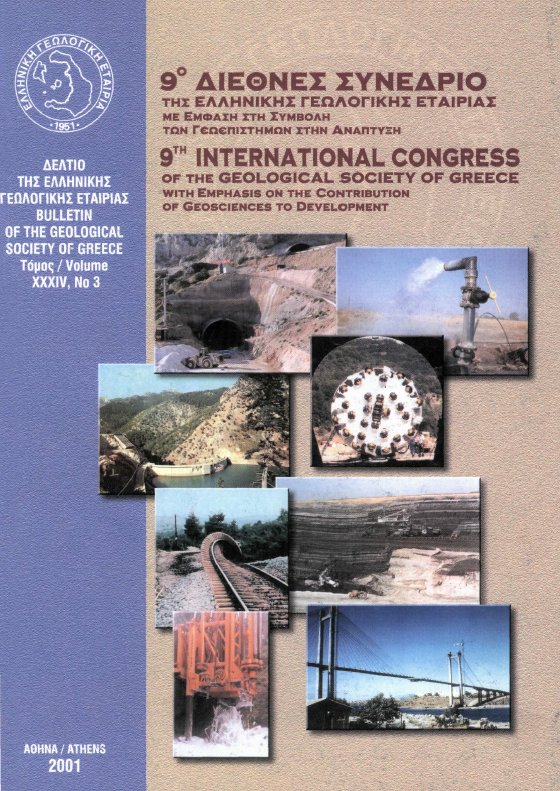ISO 9000 quality assurance certification in the mining sector of Greece
Résumé
All over the world, businesses have started moving towards Quality Assurance and the adoption of ISO 9000 Standards. In this study, we examined the status of the Quality Assurance Certification of companies which operate in the mining sector in Greece. It is certain that the companies have started working towards Quality Management and Quality Assurance Certification. The movement towards Quality Assurance is customer driven. The specific motives for implementing Quality Assurance Certification were customer satisfaction, to gain a competitive advantage and improve business efficiency. They anticipate a better business image, to increase customer satisfaction and strengthen their market share. The level of criticism for some aspects of the ISO 9000 certification, which has been recorded in other parts of the world, was not found in Greece. Following the introduction of ISO 9000, some mining companies also included in their strategy the introduction of ISO 14000 which relates to Environmental Management Systems.
Article Details
- Comment citer
-
KITSOPOULOS, K. P., SCOTT, P. W., & JEFFREY, C. A. (2001). ISO 9000 quality assurance certification in the mining sector of Greece. Bulletin of the Geological Society of Greece, 34(3), 1059–1064. https://doi.org/10.12681/bgsg.17153
- Rubrique
- Geochemistry and Ore Deposit Geology

Ce travail est disponible sous licence Creative Commons Attribution - Pas d’Utilisation Commerciale 4.0 International.
Authors who publish with this journal agree to the following terms:
Authors retain copyright and grant the journal right of first publication with the work simultaneously licensed under a Creative Commons Attribution Non-Commercial License that allows others to share the work with an acknowledgement of the work's authorship and initial publication in this journal.
Authors are able to enter into separate, additional contractual arrangements for the non-exclusive distribution of the journal's published version of the work (e.g. post it to an institutional repository or publish it in a book), with an acknowledgement of its initial publication in this journal. Authors are permitted and encouraged to post their work online (preferably in institutional repositories or on their website) prior to and during the submission process, as it can lead to productive exchanges, as well as earlier and greater citation of published work.



